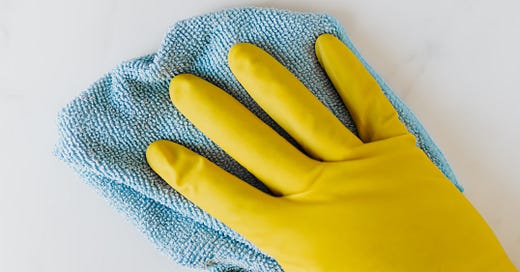- I bought male and female slaves, and had slaves who were born in my house. I had also great possessions of herds and flocks, more than any who had been before me in Jerusalem. -

Remember the start of this chapter? Where Solomon said he wanted to lay hold onto folly?
I think this verse begins a look into what he meant by that.
The next few verses cover Solomon’s possessions. It sounds in a lot of ways about a rich guy bragging to someone about his yacht.
It’s a repelling character trait.
He first begins talking about the slaves or servants that he owns. I say “or” because the Hebrew word here isn’t clear, at least as far as Strong’s is concerned.
Listen, I undoubtedly believe that many prominent people in the Bible owned slaves, and I would never want to sugar coat that to make my points more palatable.
I honestly don’t know what this word is referring to, but my gut tells me there is a conflux between the terms in ancient Israel, i.e. there something like synonyms.
I’m certain people we would consider servants were called slaves and vice versa. It makes delineating between the two difficult.
Should we remove Ecclesiastes from our Bibles because it was written by a slave owner? What should we do if such a proposal is ever brought forth?
We’ve discussed on this blog about the respect we need to have for the past. What respect should we hold for it when it’s ugly?
One of the great gifts of the Bible is to show the warts of its heroes. The story of David and Bathsheba always seems to come up at this time.
We love that story because it shows us undeniably that the greatest heroes of the Bible were not perfect, and God still loved them.
It gives us hope.
In concordance with Martin Luther King Jr., I believe the arc of the moral universe continues to edge toward justice.
That means I must assume that those who lived under the law were given to show us how impossible it is to live a moral life.
It shouldn’t surprise me that people in the ancient world didn’t live up to my modern understandings. Approaching them in any other way is foolish.
Should I condemn Abraham because he didn’t know the name Jesus?
It also should make me pause and wonder in what ways in my own life am I acting in an obvious moral error that will become undeniable given time.
To try and live a perfect moral life is vanity.
So, do we keep these books or let them go?
Well to suggest the latter is heresy, so that’s bad.
But beyond that moralizing language, we need to remember that humans are sinful.
That’s all of them, including us.
Just because we are further along in the story doesn’t mean are “cruel” fathers don’t have important lessons to leave us with.
When you find yourself condemning those who came before, reflect on all the things they accomplished getting you to the point where you could condemn them.
If the roles were reversed, how would you hope to be treated?




“in what ways in my own life am I acting in an obvious moral error that will become undeniable given time”
At my age, I’ve seen the truth of this arc!
I love that you say r&r should be taken to rejuvenate you to do good. All of our days (activities) should bring us closer to Him.